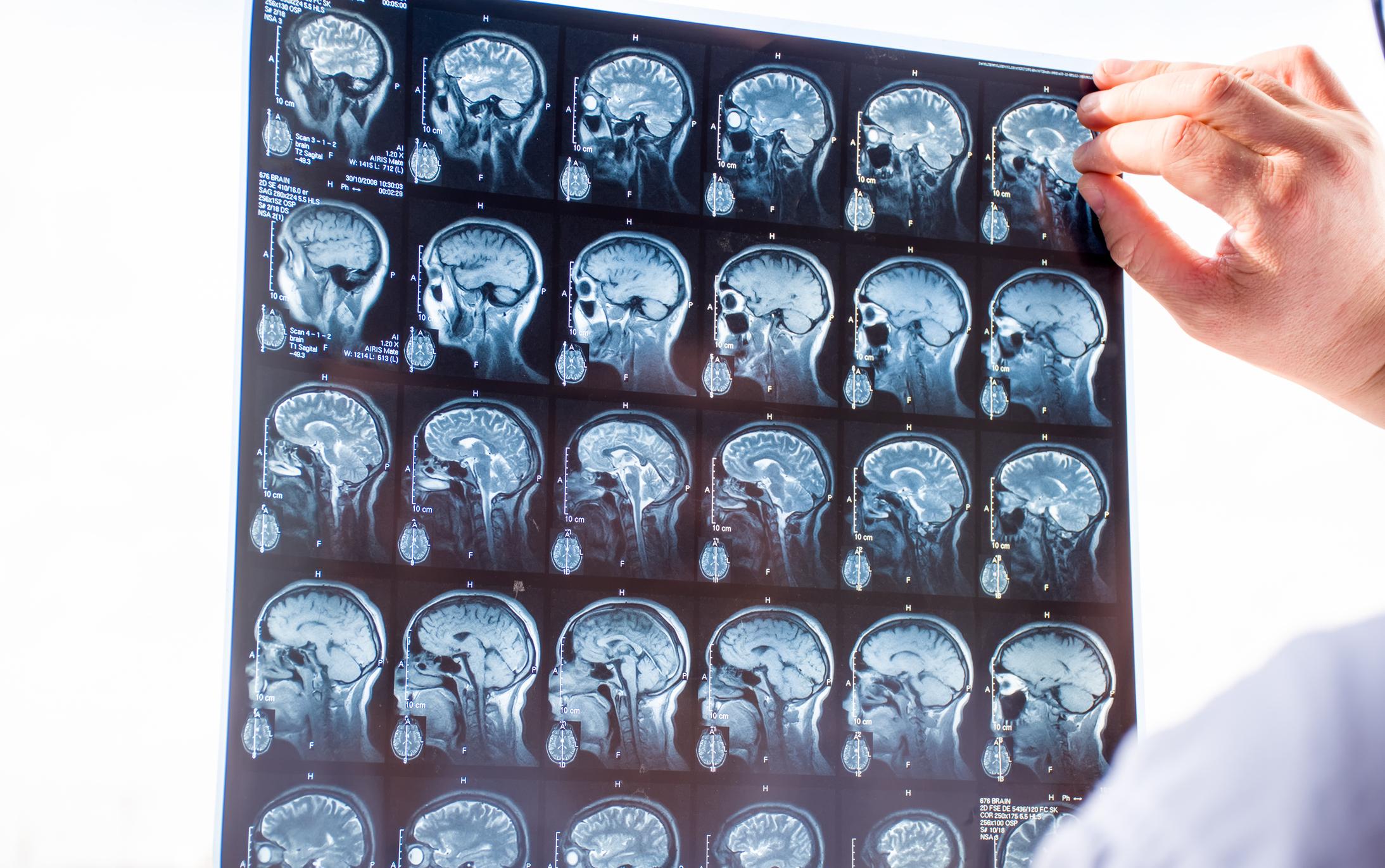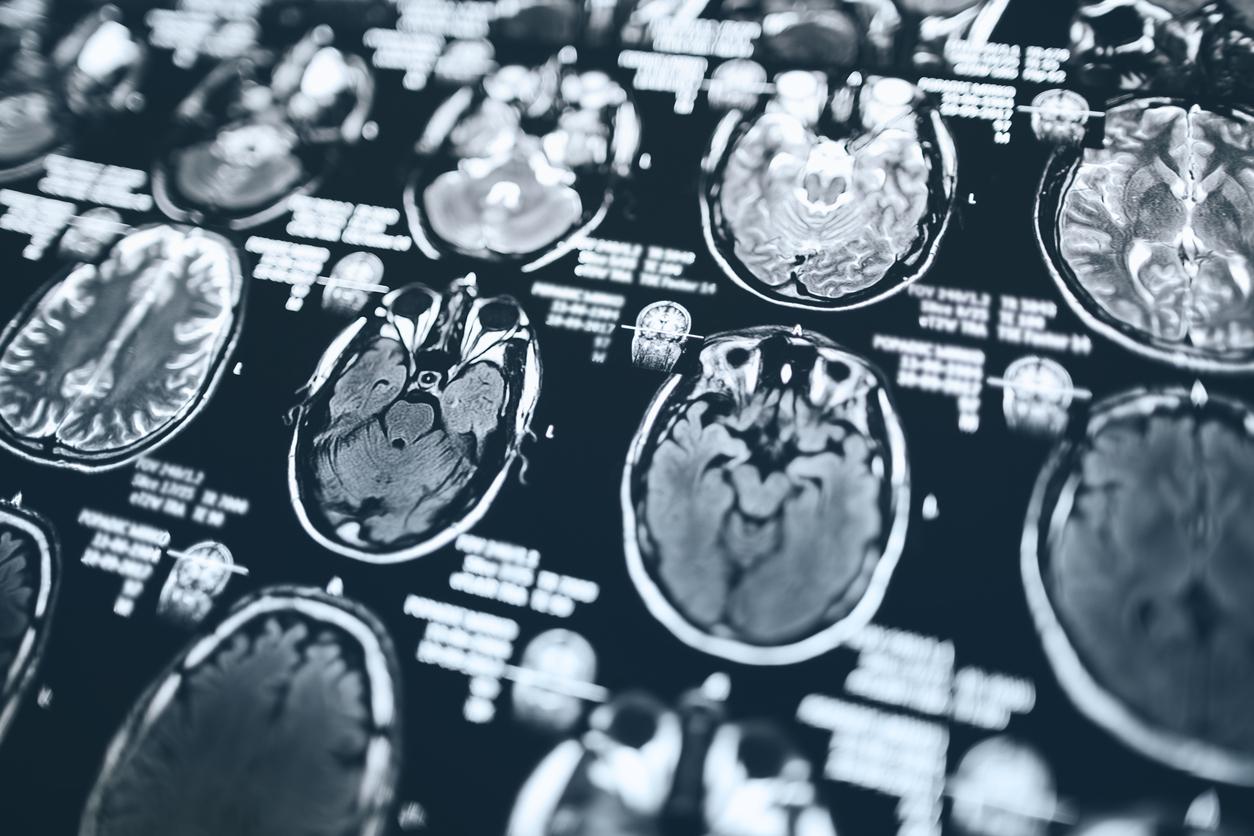American researchers have developed an electronic device to be worn on the wrist which detects epileptic seizures in advance and signals their arrival to the patient. An advance that should prevent injuries caused by falls during seizures.

- In France, about 600,000 people suffer from epilepsy, half of whom are under 20 years old.
- Epileptic seizures are characterized by sudden and excessive discharges of nerve impulses (electrical signals) in the brain.
- A connected bracelet, capable of recording the electrical characteristics of the skin or the heart rate, could detect the onset of epileptic seizures and warn its user.
In recent years, many connected bracelets have been developed to detect diseases, such as diabetes or depression, or to improve the daily lives of patients with certain pathologies. Recently, a team of bioengineers from the Mayo Clinic, an American hospital-university and research federation, developed an electronic bracelet, thanks to artificial intelligence, which makes it possible to prevent epileptic seizures.
The device developed by the researchers records body temperature, electrical characteristics of the skin, heart rate and blood flow. This information is analyzed using an artificial intelligence technique that uses a specific algorithm. To determine the effectiveness of this connected bracelet, researchers conducted a study, including the results were published in the journal Scientific Reports in November.
Detect epileptic seizures half an hour before they occur
For the purposes of the work, the scientists followed six patients suffering from epileptic seizures. Participants wore this connected bracelet for 6 to 12 months. The researchers found that the device worked and was accurate for five out of six people with epilepsy. The team of bioengineers noted that the tool was able to detect seizures 30 minutes before they occurred.
“Seizure prediction will help epilepsy patients adjust their activities when they know a seizure is imminent,” said Dr. Benjamin Brinkmann, study author and clinician at Mayo Clinic. “This is the first study reporting successful seizure prediction using non-invasive devices during very long-term recordings in epileptic patients,” can we read in the study.
.

















